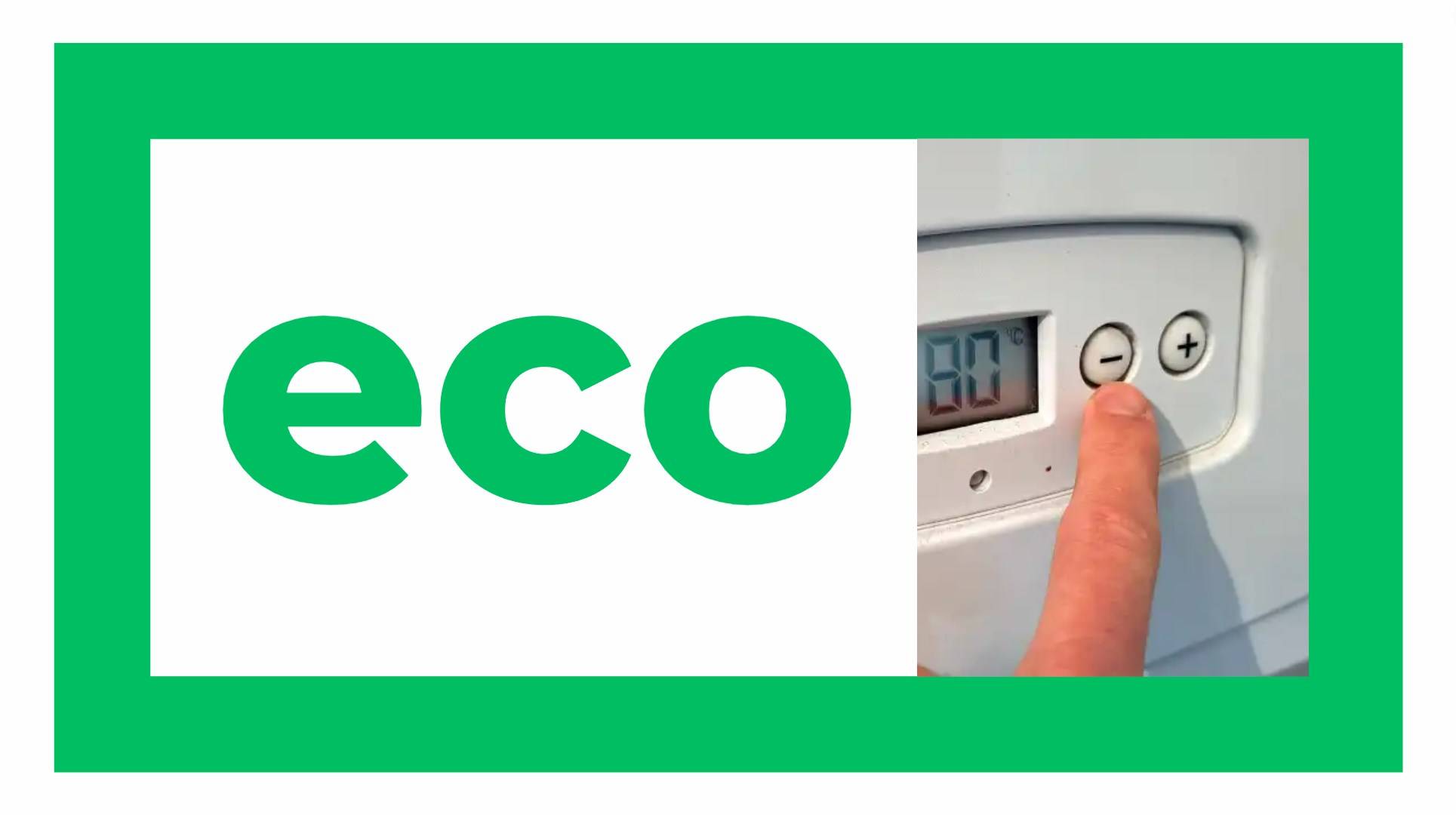In the quest to enhance energy efficiency and reduce household expenses, homeowners frequently seek solutions that can provide both financial and environmental benefits. One such solution is the eco mode feature available on modern boilers. This advanced function is designed to optimize energy consumption and reduce waste, ultimately leading to potential savings on utility bills. In this comprehensive analysis, we will delve into how eco mode operates, its impact on energy consumption, and whether it indeed saves money for homeowners.
Understanding Eco Mode on Boilers
Eco mode is a setting on contemporary boilers that aims to improve energy efficiency. When activated, this mode adjusts the boiler’s operation to ensure that energy is used more effectively. The primary function of eco mode is to minimize energy wastage by reducing the boiler’s output during periods of low demand. This is achieved through several mechanisms, including lowering power levels or temporarily shutting off the boiler when heating needs are minimal.
How Eco Mode Works
In eco mode, the boiler operates at a lower power level than it would in standard or high-efficiency modes. This means that it generates less heat but maintains sufficient warmth to meet household requirements. The key aspects of how eco mode functions include:
- Reduced Heating Output: The boiler adjusts its output to a lower setting, which reduces energy consumption during periods of less heating demand.
- Temperature Management: Eco mode may involve maintaining a slightly lower temperature, thus reducing the amount of energy needed to heat the water.
- On-Demand Activation: During times of minimal heating need, the boiler may turn off or enter a standby mode, only activating when necessary.
Energy Consumption and Cost Savings
Impact on Utility Bills
By operating at lower power levels and reducing energy usage, eco mode can contribute to significant savings on utility bills. The primary reason for this is the reduced amount of energy consumed. Since eco mode minimizes energy wastage, homeowners can expect a decrease in their heating costs. This reduction is particularly noticeable during periods of lower heating demand, such as during mild weather or when the home is unoccupied.
Long-Term Financial Benefits
The savings achieved through eco mode can accumulate over time. While the initial impact on utility bills might be modest, the long-term benefits become more pronounced. Homeowners who consistently use eco mode can see substantial reductions in their energy expenses. Additionally, lower energy consumption contributes to extended boiler lifespan and reduces the need for frequent maintenance, further enhancing overall savings.
Environmental Impact
Reducing Carbon Footprint
Beyond financial savings, eco mode on a boiler has a positive environmental impact. By reducing energy consumption, eco mode contributes to a lower carbon footprint. This is particularly important as more households seek to minimize their environmental impact and contribute to global efforts in combating climate change. The reduction in energy use translates into fewer greenhouse gas emissions, aligning with sustainable living practices.
Encouraging Better Insulation Practices
The use of eco mode often encourages homeowners to invest in better insulation practices. To maximize the benefits of eco mode, it is essential to ensure that the home is well-insulated. Improved insulation enhances the effectiveness of eco mode by retaining heat more efficiently, thus reducing the need for frequent heating adjustments. This not only improves comfort but also amplifies the energy savings achieved through eco mode.
Potential Drawbacks of Eco Mode
Slight Delays in Hot Water Delivery
One potential drawback of using eco mode is a slight delay in hot water delivery. Because the boiler operates at lower power levels or intermittently, there might be a short wait for hot water to reach the desired temperature. However, this delay is generally minimal and can be managed by adjusting the settings or planning ahead for hot water usage.
Initial Adjustments
Homeowners may need to adjust to the changes in heating patterns and temperature levels when first using eco mode. These adjustments can require a period of adaptation, during which homeowners may need to fine-tune their settings to achieve the desired balance between comfort and energy savings.
Maximizing the Benefits of Eco Mode
Regular Maintenance
To ensure optimal performance of the eco mode feature, regular maintenance of the boiler is essential. Routine servicing by a qualified technician helps keep the boiler in peak condition, ensuring that the eco mode operates effectively and efficiently. Regular checks also help identify and address any issues that could affect energy consumption and overall performance.
Optimal Usage Practices
Maximizing the benefits of eco mode involves adopting best practices in energy management. Homeowners should consider the following:
- Program Thermostats: Use programmable thermostats to schedule heating times and temperatures that align with your household’s needs.
- Monitor Energy Use: Keep track of energy consumption and savings to assess the effectiveness of eco mode and make necessary adjustments.
- Improve Insulation: Invest in home insulation improvements to enhance the efficiency of eco mode and reduce heating demands.
Conclusion
Eco mode on a boiler offers a viable solution for homeowners looking to reduce their energy consumption and save on utility bills. By operating at lower power levels and minimizing energy wastage, eco mode contributes to significant cost savings and supports environmental sustainability. While there may be minor drawbacks, such as slight delays in hot water delivery, the overall benefits of using eco mode far outweigh these concerns. By embracing eco mode and adopting best practices in energy management, homeowners can enjoy both financial and environmental advantages, making eco mode a worthwhile investment in modern heating systems.



